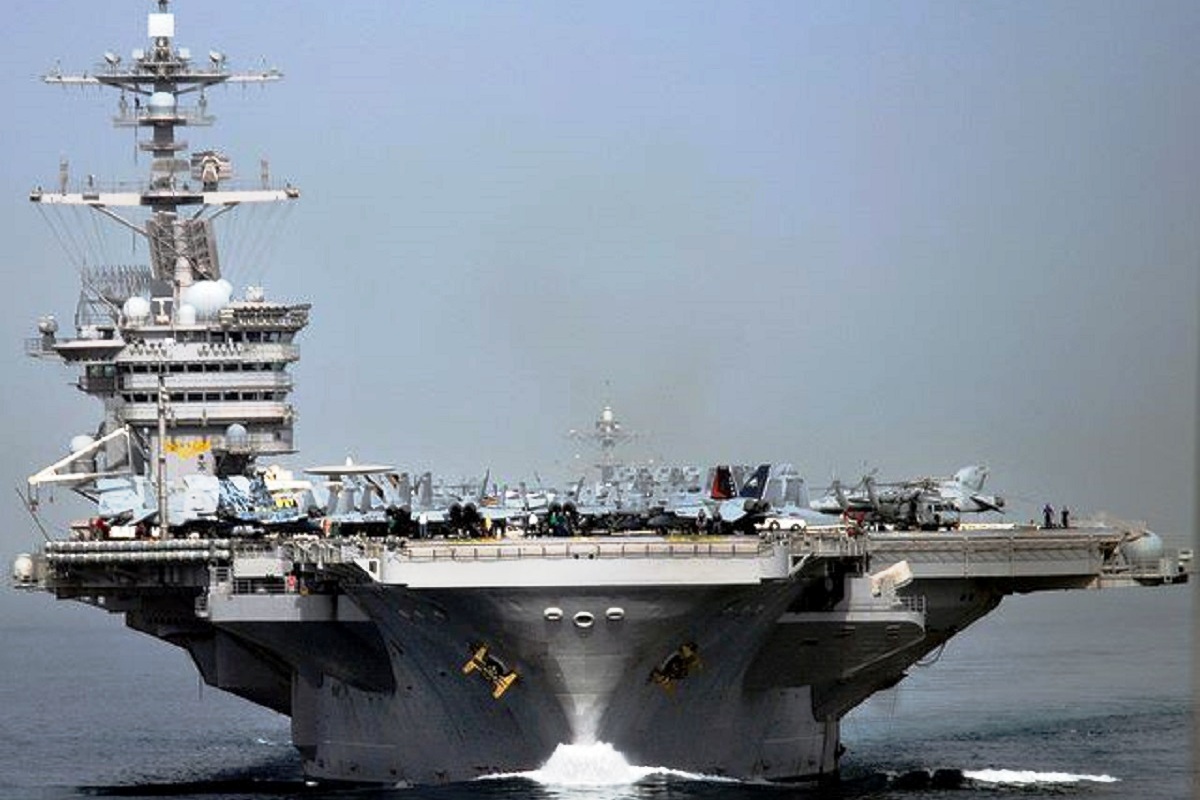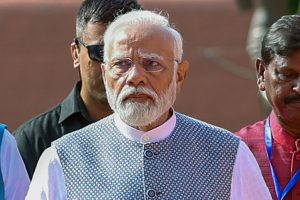The Gulf is in ferment again.
Though details are still rather sketchy, Saudi Arabia’s claim that two of its oil tankers have been attacked by drones off the coast of UAE does have the potential to ignite a crisis that might spin out of control and exacerbate towards military action. In the version that emanates from the fractious palace in Riyadh, the circumstances of Tuesday’s alleged sabotage remain mysterious.
The prologue has been unnerving not the least because of the build-up of tension this month after the US sent an aircraft carrier to the Gulf. In parallel, Iran suspended its compliance with the 2015 nuclear deal, weakened as it is after Donald Trump withdrew last year, a major compulsion being that it was concluded by his predecessor, Barack Obama.
Though the attack on the vessels caused no casualties or oil-spill, it did damage the structure of the ships. Either of the first two eventualities would arguably have led to disastrous consequences. To the extent that the “sabotage” is bound to have an impact on oil supplies and international prices, the attack will almost certainly have an effect on petro-dollars, verily the bedrock of the desert kingdom’s booming economy.
Any attack on shipping in or close to the Strait of Hormuz, the 30-mile-wide channel at the entrance to the Gulf, is potentially serious, being the most important “choke-point” for the international oil trade. There is little doubt that Iran has made serious efforts to show moderation and cultivate support from the European Union, Russia and China. While it appears unlikely that it has had a hand in attacking the Saudi oil tankers, the Rouhani dispensation in Tehran has sought more information about what had really happened to the vessels.
The response of the government is couched with the warning against what it calls “adventurism by foreigners and conspiracy orchestrated by ill-wishers”. Though President Trump has swiftly warned Iran against any “misadventure”, a fairly plausible explanation has been advanced by Yemen’s Houthi rebels, admitting that they have targeted vital installations in Saudi Arabia, which leads a military coalition against them.
The Yemen factor seems directly responsible for what Riyadh calls “sabotage” of its economic interests. “The attacks are a response to the aggressors continuing to commit genocide against the Yemeni people,” has been the assertion of the Houthi leaders. Small wonder the Saudi energy ministry has described the incident as an “act of terrorism that not only targets the kingdom but also the security of oil supplies to the world and the global economy”.
It has turned out to be a lethal cocktail of the explosive situation in Yemen, the “sabotage” of the pivot of the Saudi economy, and that of the world in the wider canvas. A vital swathe will have to countenance an environment of rising regional tension.











